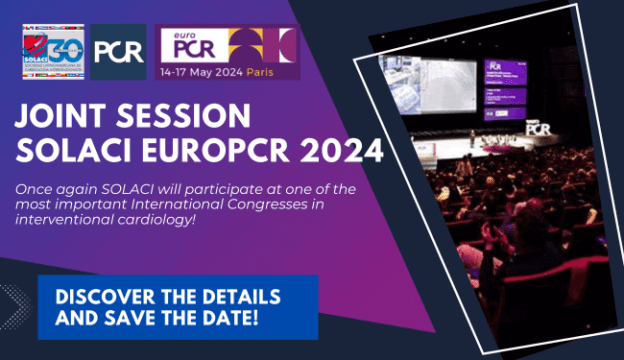This study evaluated the administration of prasugrel at the time of diagnosis of non-ST segment acute coronary syndrome vs administration at the time of the coronary angiography without indication of angioplasty.
4033 enrolled patients with non-ST segment acute coronary syndrome and positive troponin levels were randomized and who would undergo the angiography between 2 and 48 hours of randomization. The pretreatment arm received a dose of 30 mg before and angiography vs placebo (control arm) and later, if angioplasty was indicated, the pretreatment arm completed with 30 mg more and the control arm received 60 mg.
There was no difference in the primary end point (combined cardiovascular death, heart attack, stroke, emergency bypass and rescue therapy with IIB IIIA inhibitors) between the two arms (HR 1.02 CI 0.84 – 1.25; p = 0.81). The safety end point which was major bleeding by TIMI criteria whether related or not to bypass surgery was higher in the pretreatment with prasugrel group (HR 1.9 CI 1.19 to 3.02; p = 0.006). Pretreatment did not reduce the events in patients subjected to angioplasty (69%) and increased the incidence of bleeding. The results were confirmed in all the pre-specified subgroups.
Conclusion:
In patients with non-ST segment acute coronary syndrome and who would undergo a coronary angioplasty, pretreatment with prasugrel did not reduce the incidence of events at 30 days and increased the rate of bleeding complications.
Editorial comment
The majority of bleeding complications were related to the access and it is worth noting that in this study the radial access reached 43% which is not much, but substantially higher than the world average.
Gilles Montalescot.
2013-09-02
Original title: ACCOAST: Pretreatment with Prasugrel in Non–STSegment Elevation Acute Coronary Syndromes.





